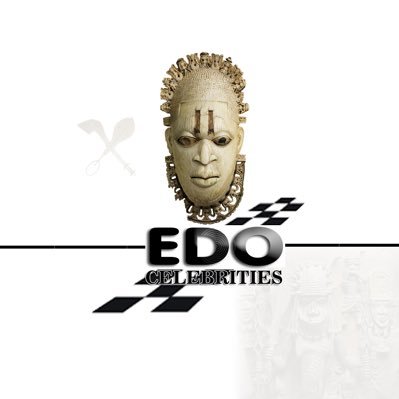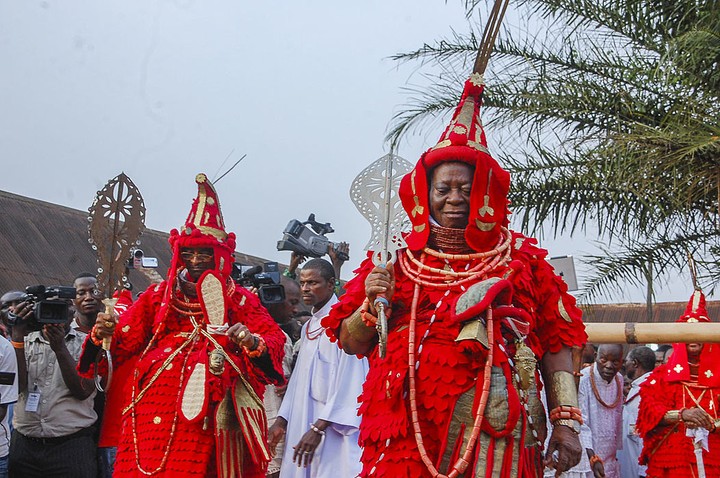Festivals are a powerful way the Edo people preserve their culture. The Igue Festival, celebrated by the Oba of Benin and his people, is one of the oldest and most colorful festivals in Africa. But beyond Igue, there are several other Edo celebrations tied to farming, marriages, and ancestral worship.
This complete guide breaks down the major Edo festivals, their meanings, and why thousands of people attend them every year.
1. The Igue Festival
The Igue Festival is the most famous of all Edo celebrations. Held annually in December, it is a royal festival performed to renew the spiritual energy of the Oba of Benin and the kingdom.
During Igue, the palace comes alive with traditional dances, rituals, and prayers for peace and prosperity. For the Edo people, participating in this festival is both a religious duty and a cultural honor.
2. The Ugie Festival
Closely connected to the Igue period, the Ugie Festival is a series of events marked by music, masquerades, and royal performances. It highlights the strength of the monarchy and reinforces loyalty to the Oba.
Ugie also serves as a reminder of Edo heritage, showcasing Benin Kingdom festivals that have survived for centuries.
3. The Emobo Festival
The Emobo Festival is celebrated to drive away evil spirits and ensure peace in the land. It involves rituals, cleansing ceremonies, and symbolic sacrifices.
This festival reflects the Edo people’s deep belief in ancestral protection and spiritual balance, values that remain central to their way of life.
4. The New Yam Festival
Like many Nigerian communities, the Edo people celebrate the New Yam Festival to thank the gods and ancestors for a bountiful harvest. Farmers, chiefs, and families gather to share yam meals, sing traditional songs, and honor the land.
The festival is not just about food—it symbolizes gratitude, renewal, and the blessing of fertility for the next farming season.
5. Marriage and Coronation Ceremonies
While not always called “festivals,” Edo marriages and royal coronations are large celebrations filled with dance, music, and traditional rites.
The use of red coral beads, elaborate attire, and palace rituals make these events as grand as any festival. They attract people from across Nigeria and beyond, making them important cultural celebrations.
6. Masquerade Festivals
Masquerades play a key role in Edo celebrations. They represent ancestral spirits and often perform during community events. Through music, dance, and colorful costumes, masquerades entertain while also passing moral and spiritual messages.
7. Festivals in Other Edo Communities
Beyond Benin City, other Edo ethnic groups—like the Esan, Afemai, and Owan people—have their own festivals. For example:
-
Esan people celebrate farming and ancestral feasts with dances and masquerades.
-
Afemai communities have festivals tied to hunting, fertility, and traditional deities.
-
Owan groups celebrate age-grade ceremonies and masquerade performances.
These variations show that Edo heritage is diverse yet united under a shared love for tradition.
Why Edo Festivals Matter
Edo festivals are more than just entertainment—they are living history. They preserve the stories of the Benin Kingdom, honor ancestors, and unite communities. For tourists, they offer a rare opportunity to witness Edo culture in its purest form.
Conclusion
From the Igue Festival to masquerades, yam feasts, and coronations, Edo festivals remain a vibrant part of Nigerian culture. They connect the past with the present, ensuring that the Edo heritage continues to inspire generations.
If you ever plan to visit Edo State, attending one of these Edo celebrations will give you an unforgettable experience of royalty, tradition, and unity.


Leave a Reply